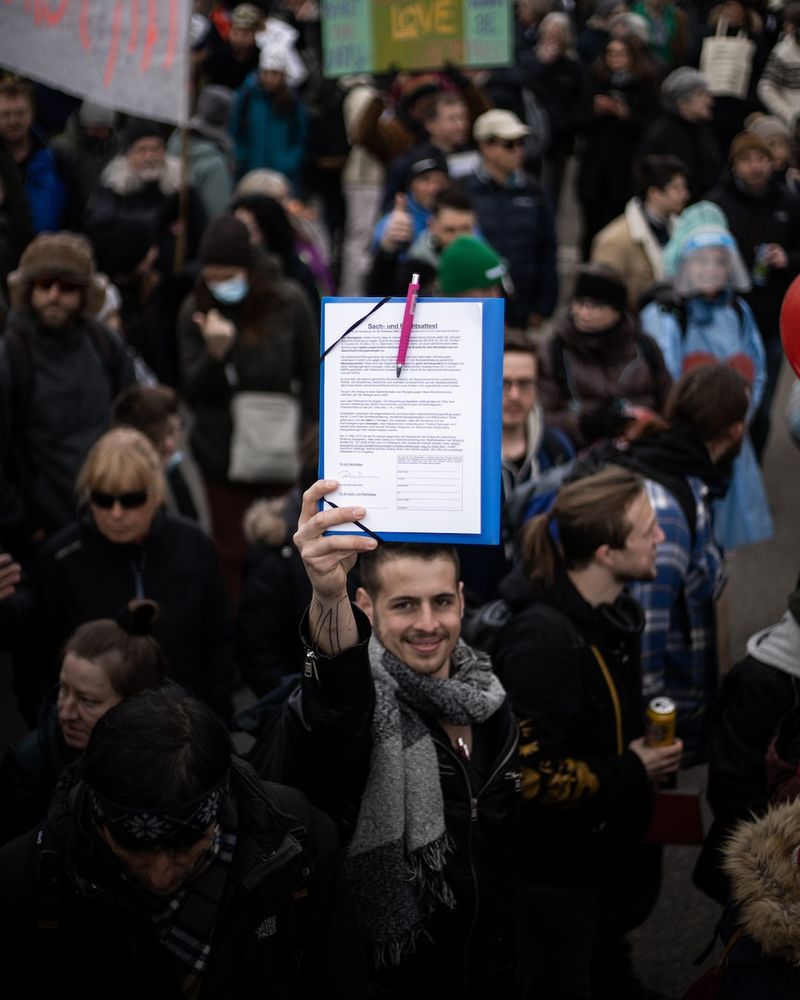Table of Contents
Sudan Crisis: UN Security Council Must Take Concrete Action
The United Nations Security Council has been called upon to take stronger steps to address the deteriorating human rights and humanitarian situation in Sudan. Human Rights Watch has urged all council members, including the three African members, to support stronger human rights monitoring, targeted sanctions, and an arms embargo against the warring parties. With the armed conflict between the Sudan Armed Forces (SAF) and the Rapid Support Forces (RSF) causing severe damage to the infrastructure critical to civilians’ survival and displacing over 1.4 million people, the three African members of the Security Council – Gabon, Ghana, and Mozambique – should demonstrate leadership by expanding the UN arms embargo to cover the entire country and impose sanctions on military leaders responsible for grave abuses.
Role of African Council Members in Ending Abuses
As per Allan Ngari, Africa advocacy director at Human Rights Watch, “The UN Security Council needs to increase its pressure on the warring parties in Sudan to end violations of international humanitarian law.” While the African countries and bodies have a critical role to play in pressing parties to end their harmful and abusive actions, the continuing deterioration of the situation in Sudan means that stronger Security Council measures are needed. The Security Council’s three African members should recognize this and take the lead in supporting stronger measures against the warring parties.
Need for Accountability and Swift Action
The UN member countries should take swift and concrete actions to prevent further atrocities and promote accountability for grave violations. These steps should include an expanded arms embargo throughout Sudan and individual targeted sanctions on those responsible for violating international human rights and humanitarian law. The situation in Sudan demands prompt action from the Security Council, since the ongoing conflict has already killed at least 730 people, injured over 5,500, and displaced more than 1.4 million people.
Civilians Suffering in Khartoum and Darfur
Residents trapped in Khartoum as well as people who have fled to neighboring South Sudan have revealed shocking details of killings and injuries from heavy fighting, airstrikes, and shelling in residential areas. The warring parties have damaged or destroyed infrastructure critical to civilians’ survival, including cutting off water and electricity. Fighting and attacks on civilians have continued in Khartoum and several key towns in Darfur despite a May 22 ceasefire agreement brokered by Saudi Arabia and the United States, leading to the loss of civilian life and property. International aid agencies report that obstacles to receiving visas for their foreign staff have been reported while reports of sexual violence increase.
Editorial: Putting an End to the Suffering in Sudan
The deteriorating situation in Sudan needs immediate intervention by the UN Security Council. The council should demonstrate its readiness to take swift action to protect civilians caught up in the conflict, such as ensuring extensive monitoring of the situation in Sudan, deploying more staff, and reporting regularly on violations of international humanitarian law and abuses of human rights by the warring forces. Further, the warring parties should understand that there will be serious consequences for abuses against aid workers, including doctors and other health professionals. Regardless of any ceasefires, they should also meet their international legal obligations to facilitate the rapid, safe, and unimpeded access of humanitarian aid. This situation demands global efforts to achieve the necessary results.
Conclusion: UN Security Council Must Ensure Accountability
As stated by Human Rights Watch, the UN Security Council must put more scrutiny on the human rights and humanitarian situation in Sudan, with a specific emphasis on Darfur. It is high time for the council to provide greater scrutiny of the situation and curb the conflict’s aftermath. Since several local communities within West Darfur have faced repeated large-scale attacks, killings, and massive property destruction, the council should press the warring parties to end the conflict and establish a ceasefire. The international community must take stronger steps to ensure accountability and prompt action to prevent further atrocities and promote accountability for grave violations. The UN Security Council should ensure that the perpetrators of violations are brought to justice and that the crisis is resolved in the best interest of the Sudanese populace.

<< photo by Kajetan Sumila >>
You might want to read !
- The Importance of China Acknowledging the Tiananmen Square Massacre
- “Examining the Need to Stop Police Brutality During Protests in Kenya”
- Why Pakistan Must Keep Civilians Out of Military Jurisdiction
- Climate Activists Stage Massive Protest at Europe’s Biggest Private Jet Event, Targeting Luxury Mega-Polluters
- The Complexities and Implications of the UAE’s Invitation to Syrian President Bashar al-Assad for COP28
- Greenpeace protests against Fluxys LNG terminal’s lack of commitment to global climate goals
- The Tragic Consequences of Russian Missile Attacks in Ukraine on International Children’s Day
- The Climate Crisis and LGBTQIA2S+ Communities: Exploring Disproportionate Impacts
- EU Parliament Strengthens Human Rights with New Corporate Due Diligence Legislation